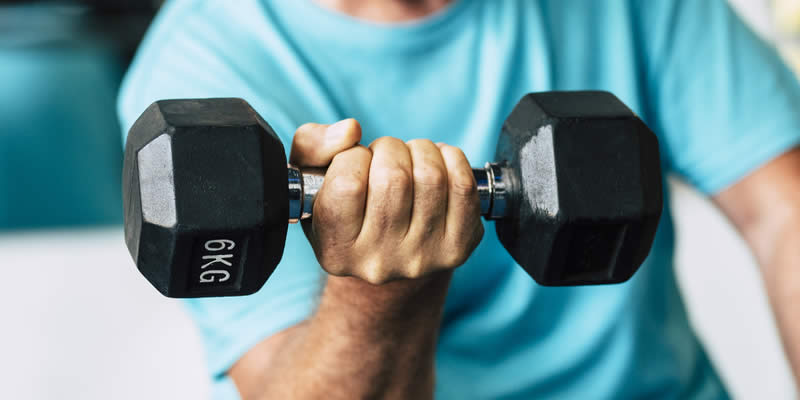New research has shown that the impact of the menopause on the body’s ability to burn fat is only minor when compared to fitness levels and diet.
Oestrogen levels drop following the menopause, which is thought to reduce a woman’s ability to utilise fat as energy, which could result in weight gain.
However, a study by researchers at the University of Jyväskylä in Finland found that the effect of the menopause on fat utilisation is less significant.
Doctoral researcher Jari Karppinen commented: “This was an expected result. Women burn fat also after menopause if their energy intake is less than their expenditure.
“If you want to improve the ability to burn fat during exercise, focus on improving your fitness with endurance training. In this case, you do not need to worry about menopause that much. Previous research has shown that the ability to burn fat while exercising improves with training even after menopause.”
The team measured the rate of fat utilisation at rest following overnight fasting among 42 women, 26 of whom had gone through the menopause. A key finding was that women used fat at a higher rate when their energy intake was lower in comparison to their energy expenditure.
They found that postmenopausal women’s fat utilisation was no different to those women using HRT or who hadn’t yet reached the menopause.
Jari Karppinen also addressed claims that a ketogenic diet helps the body to burn more fat from bodily sources, saying: “This is a common misunderstanding. A high-fat diet indeed raises the total amount of fat used in energy production. However, this is due to increased fat intake and does not mean that you suddenly begin to shed more body fat. When energy intake is less than energy expenditure, the weight drops similarly regardless of diet macronutrient distribution.”
The study has been published in the journal Nutrition, Metabolism and Cardiovascular Diseases.




